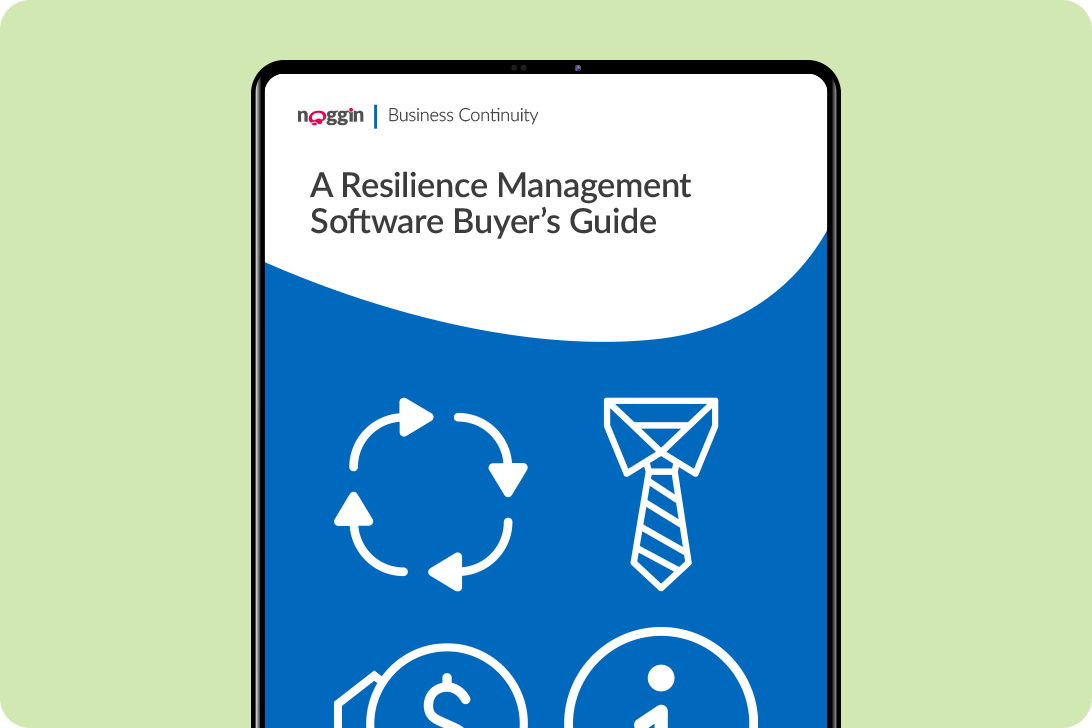Over the last decades, the rise of DIY terrorist techniques has exposed the vulnerability of events, attendees, and the venues and public spaces that host them. One country that dealt with a particularly horrific attack, the U.K., is seeking to reform its security policy to scale up preparedness for terrorist attacks.
What’s going on? Read on to find out.
Manchester Arena bombing causes U.K. to rethink level of preparedness for terrorist attacks
You might remember the Manchester Arena bombing in 2017. That was when a terrorist set off a home-made bomb that detonated just as an Ariana Grande concert was letting out.
Confirmed as a terrorist attack and suicide bombing, the incident took 23 lives; an additional 116 people were admitted to the hospital.
What’s more, the attack exposed a critical security vulnerability: crowded and/or open spaces.
In the U.K., like in many countries, there is no relevant legislation dictating counterterror protective security or preparedness outcomes for owners and operators of these spaces.
New legislation to scale up preparedness for terrorist attacks
With the expected passage of Martyn’s Law, that will soon change.
Named after one of the victims of the Manchester Arena bombing, the anti-terrorism legislation will build a legislative infrastructure for the security of crowded events and venues.
More specifically, Martyn’s Law seeks to create a protect duty for owners and operators of events and venues. That duty will compel stakeholders to step up venue security efforts in the face of the terror threat.
The proposed protect duty applies to the following:
- Venues with capacity of 100 or over
- Venues with capacity of 800 or over
- Qualifying public events
Three ways in which Martyn’s Law will scale up preparedness for terrorist attacks
The law will also make it a legal requirement for owners and operators to consider the risk of terrorism and take proportionate mitigation measures to protect the public. What are some of the ways?
Here are three ways in which the Bill will scale up preparedness for terrorist attacks:
1. It will impose standard duties on smaller venues
According to the Bill, not all venue types will have the same responsibilities. Smaller venues will be subject to a less stringent standard duty. Although the particularities are still being hammered out, that duty is intended to be relatively light touch and low cost to implement.
Owners and operators, though, are likely to have to complete, review, and periodically update a standard terrorism evaluation of the premises.
2. It will impose enhanced duties on bigger venues and qualifying public events
On the other hand, venues with a capacity of 800 or more and qualifying public events will be subject to the more stringent, enhanced duty. That duty is likely to include completing, reviewing, and updating a terrorism risk assessment.
What’s involved, here? The terrorism risk assessment will be an evaluation of a.) the types of acts of terrorism most likely to occur; b.) reasonably practicable measures to reduce the risk of acts of terrorism; and c.) reasonably practicable measures to reduce the risk of physical harm.
3. It will mandate worker training
Qualifying public premises and events will have a further burden, too. What’s that? They will have to provide terrorism protection training to their workers.
Nor will it be one size fits all. Per the Bill, the training must be appropriate to the size, use, nature of the premises/event. It should also be relevant to the responsibilities of the worker receiving the training.
In close, events like the Manchester Arena bombing exposed the vulnerability of venues of mass gathering. With Martyn’s Law, the U.K. is taking an affirmative step to enhance protections for these spaces.
Other jurisdictions might follow suit. But until they do, venue owners would be wise to implement best-practice measures themselves. To learn about those measures, read our Guide to Integrated Safety & Security Measures to Protect Venues of Mass Gathering & Key Assets.




